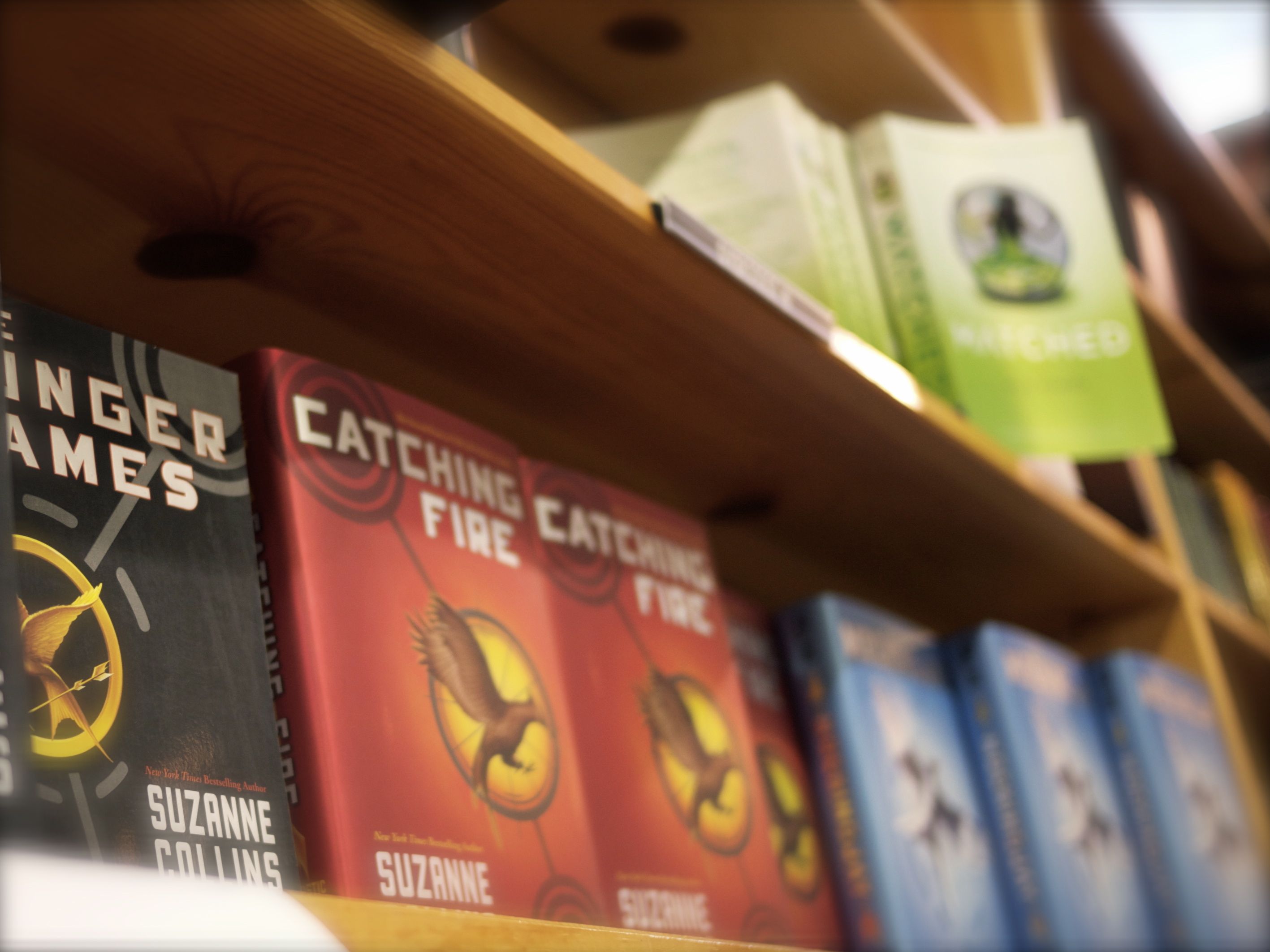
A lot of fuss has, understandably, been made over Bowker’s study about book buying trends in the young adult/teen category, Understanding the Children’s Book Consumer in the Digital Age.
People seem to find the data surprising or somehow a sign of something signficiant (I’m looking at you, Atlantic Wire aka Sarah’s Daily Annoyance), but I’m not so sure.
Most of us only have access to the report summary (hey, if someone wants to hook a girl up with the very pricey full report, I’d love to analyze it further, I kind of know my stuff re: data anaylsis*) and that summary makes two interesting points.
- 55 percent of buyers of books in the teen/YA category are adults (note: this does not say books, it says “buyers”); and
- Adult YA book purchases represent 28 percent of all actual teen/YA books sold.
Now, a lot of people have jumped on this (quite a few negatively so) 55 percent number as very significant. And, a number of high profile media outlets have confused buyers versus books sold. Hence, somehow, the inaccurate statement that adults buy the majority of YA titles has emerged, which is wholly incorrect. Teens are still buying far more young adult books that adults do, representing 72 percent of YA books sold. Basically, teens buy more YA books, per person, than adults, despite being a smaller percentage of the actual buyers of YA books.



